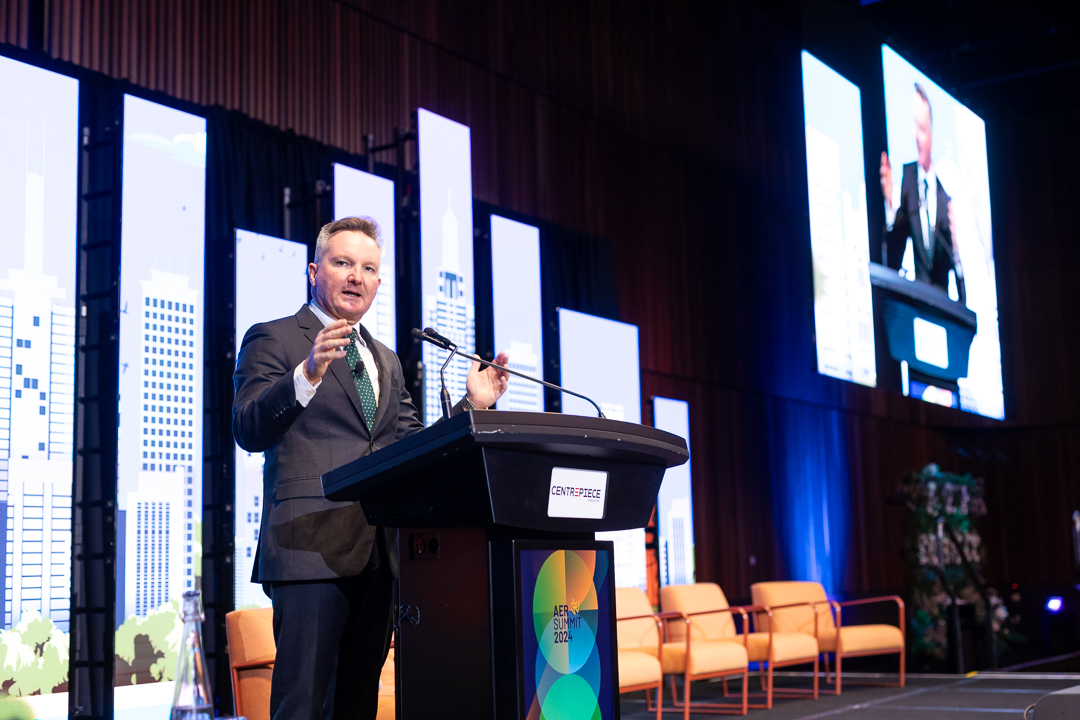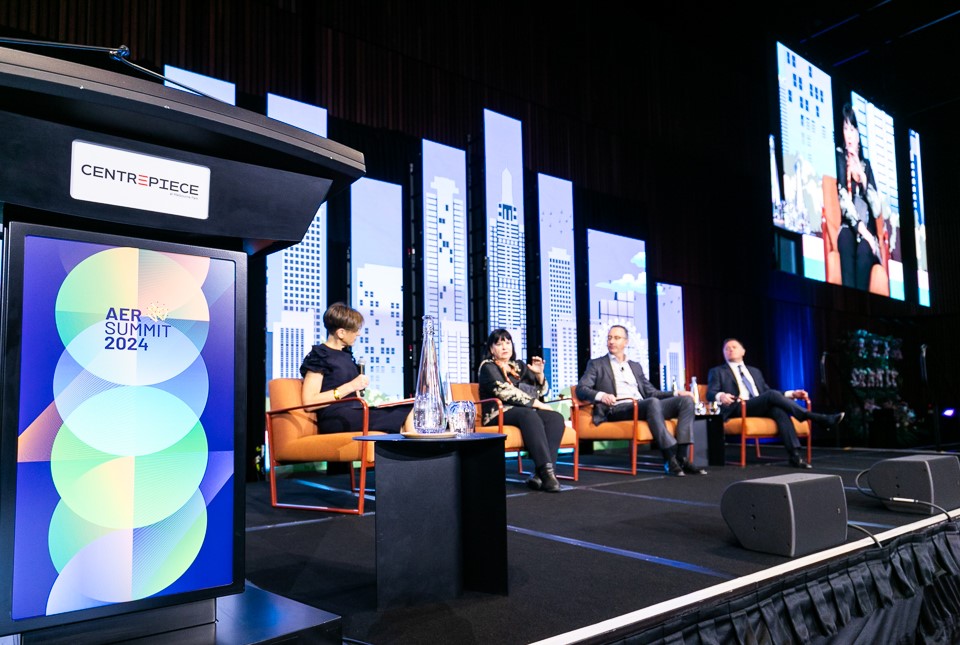Chair of the Climate Change Authority Matt Kean has emphasised that carbon markets have a crucial role to play, and has warned of the serious repercussions of actions to undermine them.
“Those working to undermine carbon markets are sabotaging climate action in an act of vandalism,” Kean told the Carbon Market Institute’s Australasian Emissions Reduction Summit in Melbourne today.
“Well functioning carbon markets backed by the right regulatory settings can play an important role in emissions abatement,” he said.
“Australia’s Australian Carbon Credit Unit market is enabling voluntary action by businesses right across the economy and encouraging innovation in techniques and technologies to capture and store more carbon,” he said.
Kean warned that ensuring integrity is crucial, and welcomed the federal government’s focus on developing high integrity standards and frameworks for the ACCU scheme.
“We need to ensure integrity is there,” he said.
All forms of carbon markets – whether it’s the ACCU scheme, renewable energy target schemes, state energy efficiency schemes, or the fuel efficiency standard – “need to be well designed, operate with integrity, and be as transparent as possible,” Kean said.
Kean warned that “the carbon clock is ticking and progress in reducing our emissions is non-negotiable if we’re going to protect our planet, our way of life and our economy.”
Referring to recent arguments about “real zero” and “net zero”, Carbon Market Institute chief executive John Connor told the summit that efforts to fight climate change must not become “distracted by false binaries”.
Connor noted that some years ago, there were people who argued that the world shouldn’t focus on adapting to climate change, and boosting resilience, because it shifted focus from the task of reducing emissions.
It was a ridiculous argument, he said, adding that it is “just as ridiculous” to argue that companies should focus only on-site emissions.
“Companies can and should contribute to reducing emissions elsewhere in the economy through the carbon market, as they implement their decarbonisation plans,” he said.
Victoria’s Minister for Climate Action, Lily D’Ambrosio, told the summit that Victoria is “laying the groundwork” to further develop carbon sequestration activities in the state by mapping blue carbon opportunities in coastal areas, and through its carbon farming program.
Speakers at the summit also emphasised the need to reduce reliance on fossil fuels, but warned this isn’t yet happening at any meaningful level.
Alden Meyer, formerly a senior executive at the Union of Concerned Scientists and now a senior associate with global consultancy E3G, said the world needs to annually scale back fossil fuel production to have any chance of limiting temperature rise to 1.5 degrees.
Meyer spoke to the outcomes of the global stocktake at COP28 which collectively agreed a transition away from fossil fuels, but noted major fossil fuel producers, including Australia, “seem to be suffering from collective amnesia” about the need to do so.
The world also still has “massive negative prices on carbon” in the form of subsidies for fossil fuels, Meyer added.
Club of Rome co-president, Sandine Dixon-Declève, told the summit that backtracking and insufficient action by fossil fuel producers is “prohibiting us from actually staying within a 1.5 degree world”.
Part of the response to that inaction must be to work together and expand carbon markets on a global basis, she said.
“We are sticking with the carbon market, and we will continue to decarbonise,” Dixon- Declève said. “We have no choice.”



